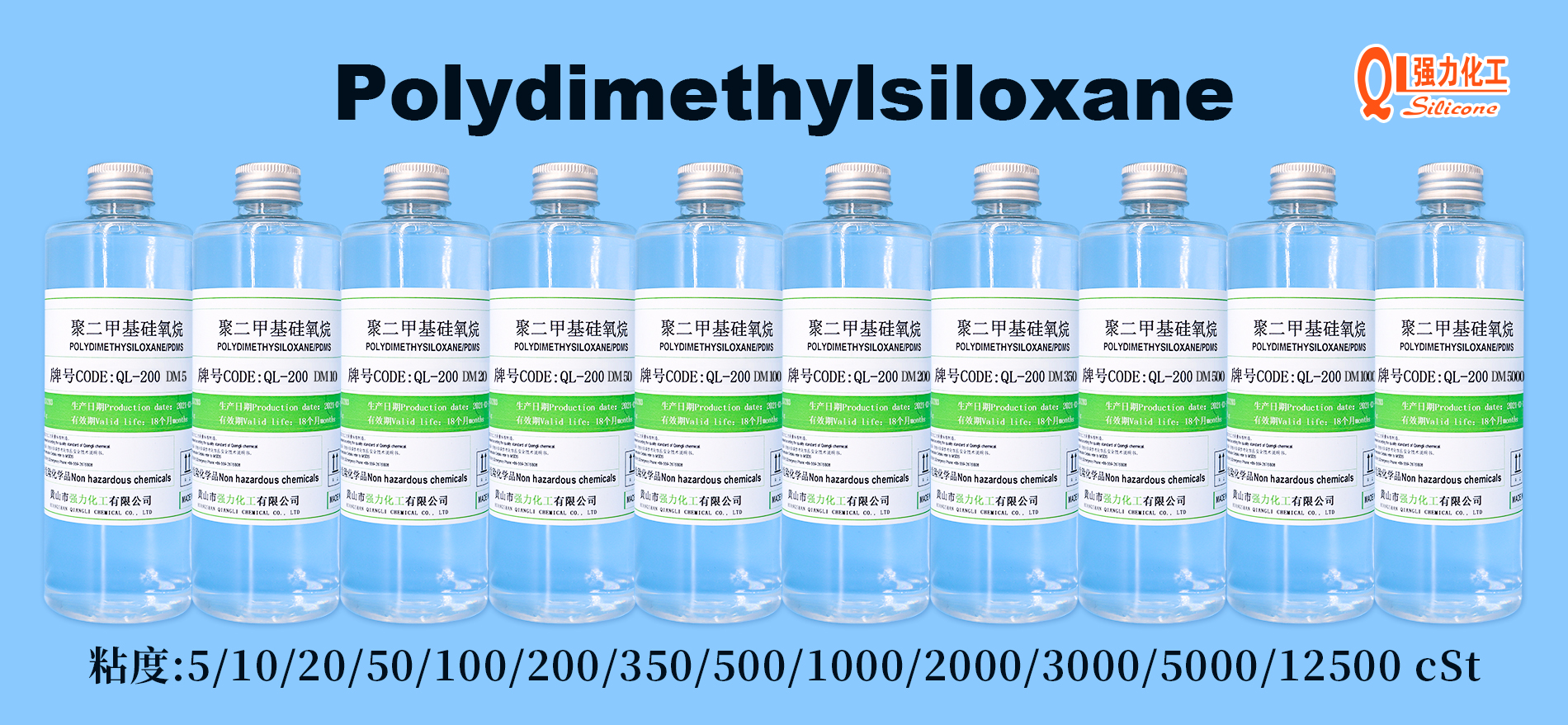Silicone oil, as a multifunctional additive, plays an irreplaceable role in the formulation of polishing agents and surface treatment agents.
The application of silicone oil in polishing agents
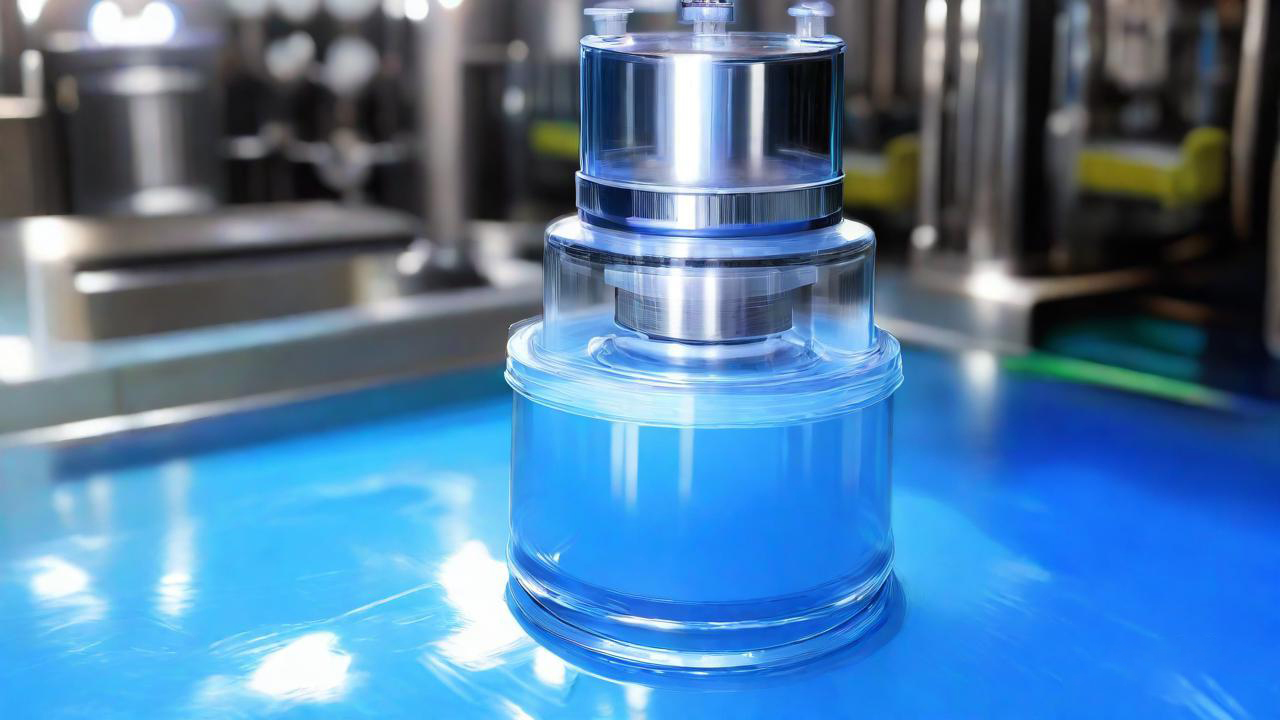
Hydrophobic film: Silicone oil can form a hydrophobic film on the surface, enhancing glossiness and weather resistance.
Application areas: Polishing agents formulated with silicone oil are not only used in automobiles, but also widely used for surface treatment of materials such as leather products, furniture, plastics, rubber, etc.
Types and viscosity of silicone oil
Viscosity range: The commonly used dimethyl silicone oil has a viscosity of 100-1000mm ²/s and an addition amount of 0.5% -10%.
Performance impact: Dimethyl silicone oil with different viscosities has a significant effect on the performance of polishing agents.
Application of Silicone Oil in Surface Treatment of Glass and Ceramics
Hydrophobicity and lubricity: Silicone oil can firmly adhere to glass and ceramic surfaces, providing hydrophobicity and lubricity.
Processing method: Usually, dimethyl silicone oil with a viscosity of 100-500mm ²/s is used to prepare a 3% -5% solution, and the material is treated by impregnation or spraying.
High temperature treatment: The treated glass or ceramic is treated at high temperature for 0.5-1 hour to enhance the adhesion of silicone oil.
Application of Silicone Oil in Pharmaceutical Packaging
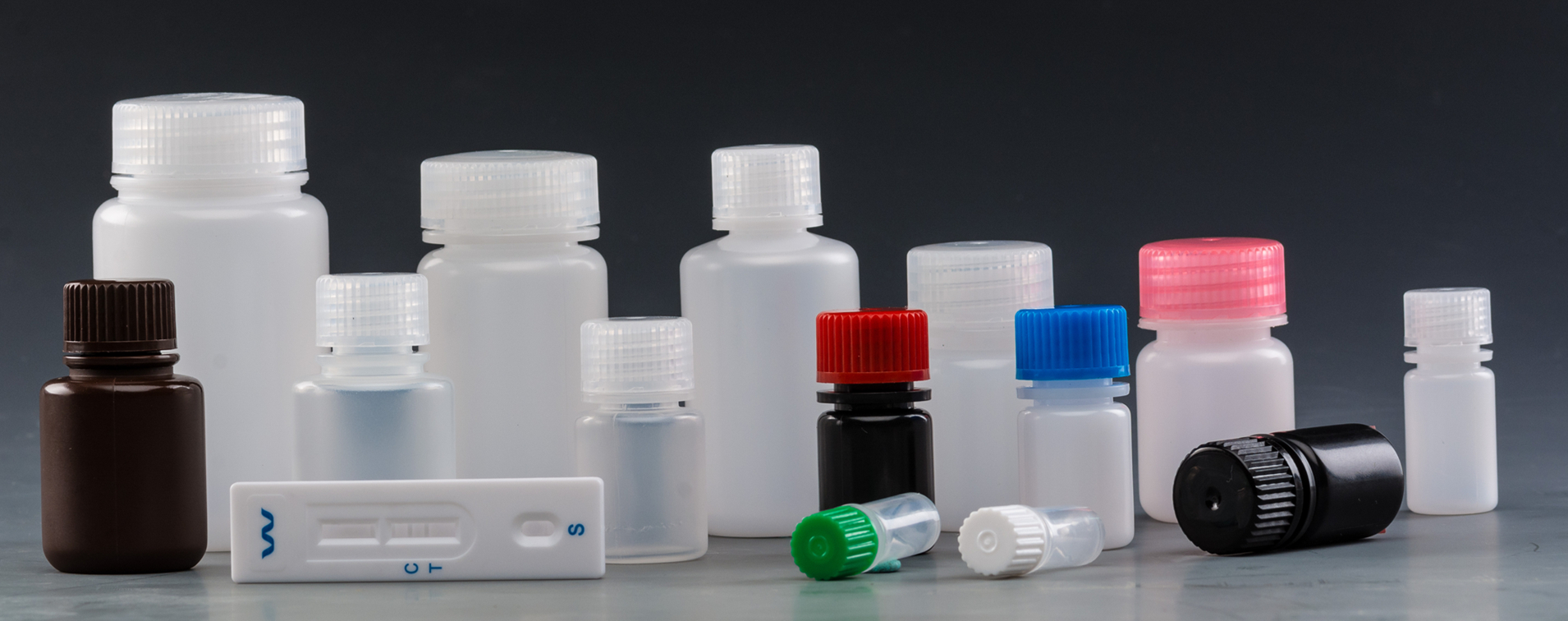
Preventing drug adhesion: The inner side of the bottle treated with silicone oil can prevent drug adhesion.
Reduce wear and tear: The treated outer side of the bottle can reduce scratches and wear during transportation.
Application of Silicone Oil in Surface Treatment of Insulators
Electrical insulation: Glass and ceramic insulators treated with silicone oil can significantly improve electrical insulation.
Preventing leakage: In high humidity environments, silicone oil treatment can prevent leakage phenomena.
Natural cleaning: The surface treated with silicone oil can naturally remove dust and maintain insulation under the action of wind and rain.
Application of Silicone Oil in Coatings and Plastics
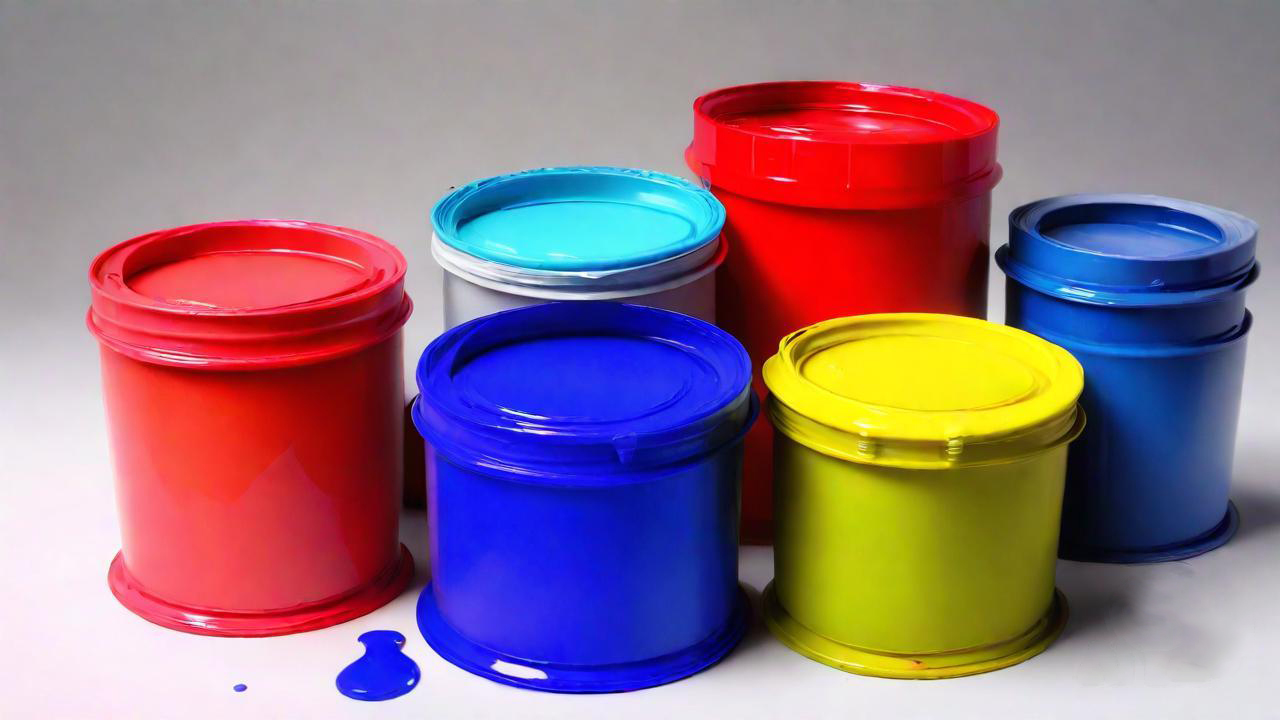
Silicone oil, as a multifunctional additive, plays an important role in the coatings, inks, and plastics industries.
Application of Coatings and Inks
Improving coating properties: Adding a small amount of dimethyl silicone oil can prevent uneven color and make the coating surface more uniform and smooth.
Increasing Brightness: The addition of silicone oil helps to enhance the brightness and gloss of the coating.
Defoamer effect: High viscosity dimethyl silicone oil can be used as a defoamer to improve the stability of coatings.
Compatibility issue: Silicone oil may have poor compatibility with other coatings and should not be mixed randomly.
Addition amount: The recommended addition amount of silicone oil is between 0.01% and 0.5%.
Application of Silicone Oil in the Plastic Industry
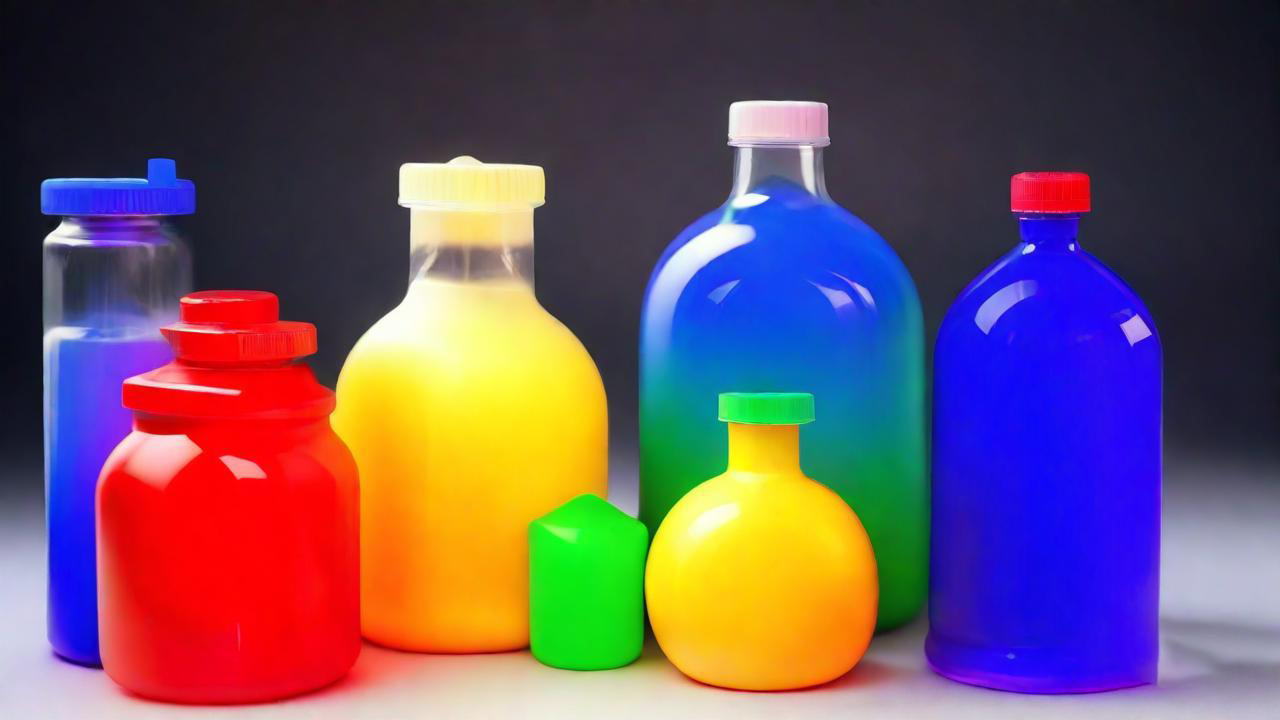
Demoulding properties: Dimethyl silicone oil is used as an internal demoulding agent to improve the demoulding properties of plastics.
Dispersibility: Silicone oil can improve the dispersibility of inorganic fillers in resins, ensuring uniform mixing.
Liquidity: The addition of silicone oil improves the fluidity of the resin, making it easier to process and shape.
Surface performance: Improve the lubricity and wear resistance of the product surface.
Application of Silicone Oil in Specific Plastic Resins
POMPA, HIPS, ABS: These resins with added dimethyl silicone oil are widely used in the manufacture of wear-resistant and lubricating plastic parts,
Application of silicone oil in agricultural film
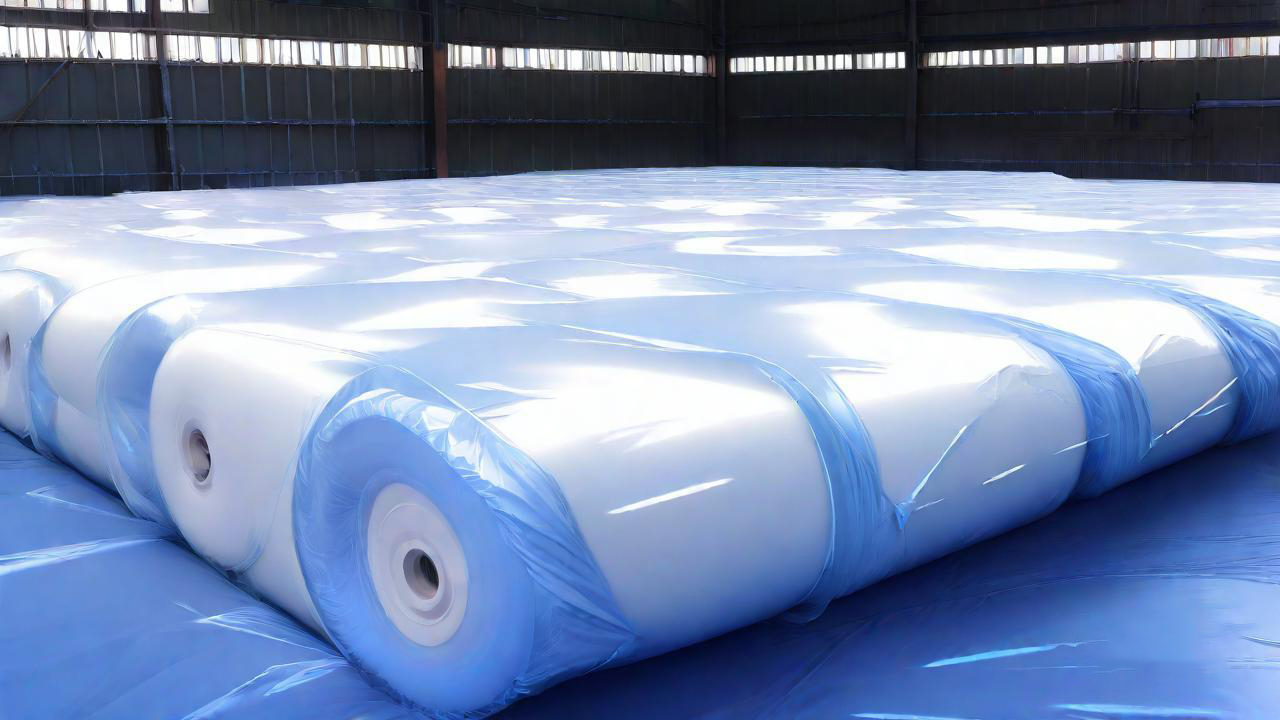
Light stability: In low-pressure polyethylene agricultural film, the combination of dimethyl silicone oil and dispersed hindered amine or hindered phenol light stabilizer system can reduce the amount of light stabilizer used and improve light resistance.
Strength improvement: The addition of silicone oil enhances the strength of the film.
Light transmittance: Improved the effective short wavelength ultraviolet light transmittance for plant growth.
